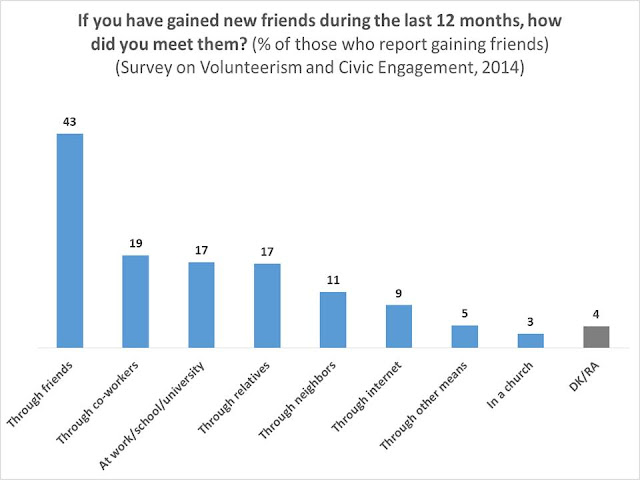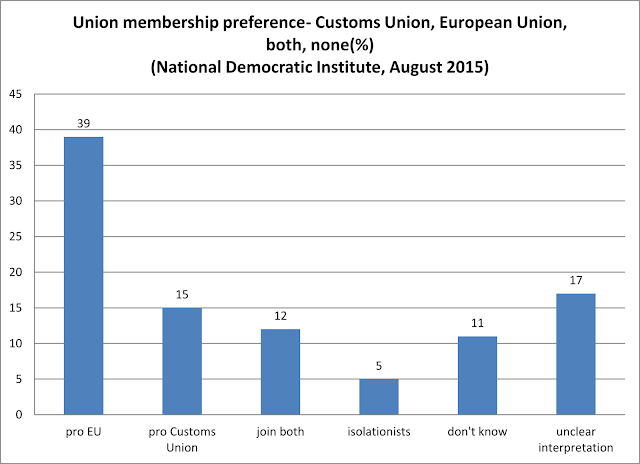
[In this last blog post of 2015, CRRC Researcher Tamuna Khoshtaria reflects on one the most important aspects of Georgian society – people to rely on, i.e. relatives, friends, neighbors.]
When I was studying in Germany, the dormitory’s…
When I was studying in Germany, the dormitory’s…






